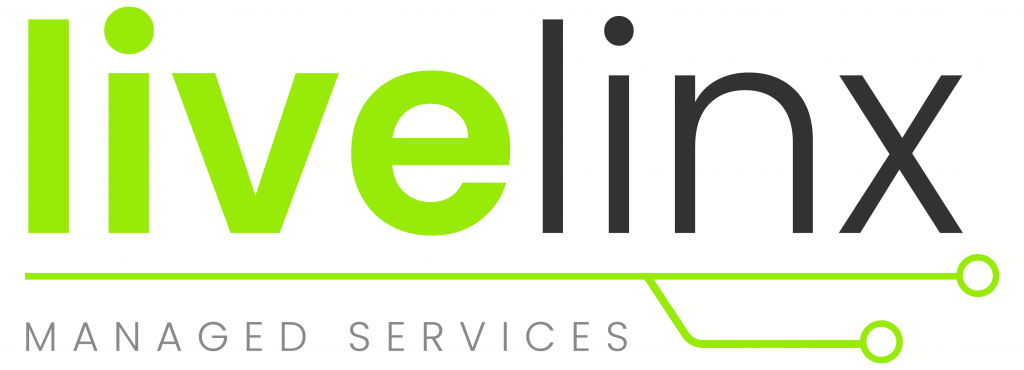
In today’s digital age, businesses are relying more and more on technology to improve their operations and stay competitive. One of the most significant decisions they face is whether to use cloud computing or traditional IT solutions. In this article, we’ll explore the key differences between these two options and help you decide which one is right for your business.
What is Cloud Computing?
At its core, cloud computing is a technology that allows users to access and store data and applications over the internet. Instead of keeping all your data and applications on local servers or computers, you can leverage the power of the cloud to access them from anywhere in the world, as long as you have an internet connection.
Cloud computing has become increasingly popular in recent years because it offers a range of benefits that traditional IT solutions can’t match. These benefits include:
Scalability: Cloud computing services are highly scalable, which means you can quickly and easily add or remove resources as your needs change. This is particularly useful for businesses that experience rapid growth or fluctuations in demand.
Cost-effectiveness: Cloud computing services are typically more cost-effective than traditional IT solutions. Instead of investing in expensive hardware and software, you pay for what you use on a subscription basis.
Accessibility: With cloud computing, you can access your data and applications from anywhere in the world, as long as you have an internet connection. This makes it easier to work remotely, collaborate with team members in different locations, and stay productive on the go.
What is Traditional IT?
Traditional IT refers to the use of physical hardware and software that is installed and managed on-premises. This can include servers, desktop computers, and other hardware and software components that are owned and maintained by the business.
Traditional IT solutions have been around for a long time and have been the go-to option for many businesses. However, they do have some drawbacks that can make them less attractive than cloud computing for some companies. These drawbacks include:
Limited scalability: Traditional IT solutions are often less scalable than cloud services. Adding new hardware or software can be time-consuming and expensive, which can make it difficult to keep up with changing business needs.
Higher costs: Traditional IT solutions can be more expensive than cloud computing, particularly when it comes to hardware and software upgrades and maintenance.
Limited accessibility: With traditional IT solutions, accessing data and applications remotely can be difficult or impossible, which can be a hindrance for businesses that need to work on the go or collaborate with team members in different locations.
Is Cloud Computing Good for Your Business?
So, which is the right option for your business? The answer depends on a range of factors, including your budget, scalability needs, and accessibility requirements.
If you’re looking for a cost-effective and scalable solution that allows you to work from anywhere in the world, cloud computing is likely the better option. With cloud computing, you can quickly and easily add or remove resources as your needs change, and you can access your data and applications from anywhere in the world, as long as you have an internet connection.
On the other hand, if you’re running a small business with limited scalability needs and a small budget, traditional IT solutions might be the better option. While they may be less scalable and less accessible than cloud computing, they can still offer a reliable and cost-effective solution for small businesses.
Conclusion
In conclusion, both cloud computing and traditional IT solutions have their pros and cons, and the right choice depends on your specific business needs. Ultimately, the key is to evaluate your budget, scalability needs, and accessibility requirements to determine which option is the best fit for your business. If you’re unsure which one to go with, contact us for a consult today. We can help you set your business up for success whether that’s through the cloud or on-premises.
